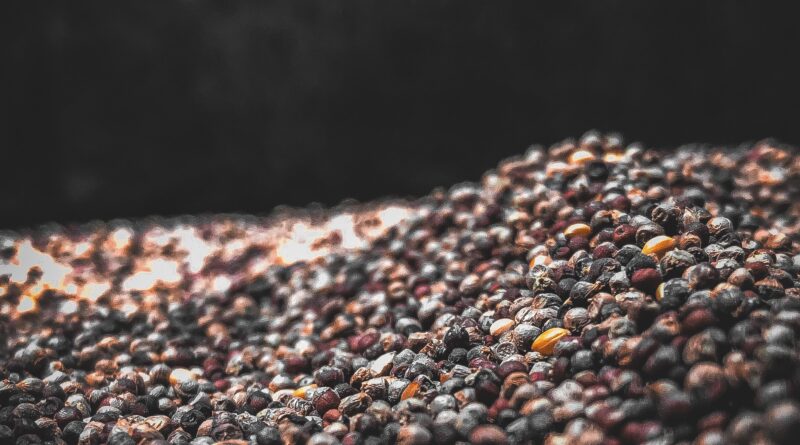Nurete de Awa (濡れ手で粟 – Easy Profit)
Nurete de Awa
濡れ手で粟
A situation where one gains a lot of profit easily without hardship can be described as nurete de awa (濡れ手で粟).
大した苦労もせず、簡単に多くの利益を得ることを「濡れ手で粟」といいます。
Since nure (濡れ) means “wet,” te (手) means “hand,” and awa (粟) means “millet,” the literal meaning of nurete de awa is “millet with wet hands.”
「濡れ」は “wet”、「手」は “hand”、「粟」は “millet” を意味するので、「濡れ手で粟」の文字どおりの意味は “millet with wet hands” となります。
If you try to grab millet grains with wet hands, many of them will stick to your hands.
濡れた手で粟を掴もうとすると、大量の粟粒が手にくっついてきます。
This is why the phrase has the meaning of easy profit.
このことから、濡れ手に粟は「簡単に多くの利益を得る」の意味を持つというわけです。
Personally, I feel a little uncomfortable in a situation where many millet grains are sticking to my hands.
濡れた手に大量の粟粒がくっついている状況は、個人的には少し気持ち悪く感じます。




